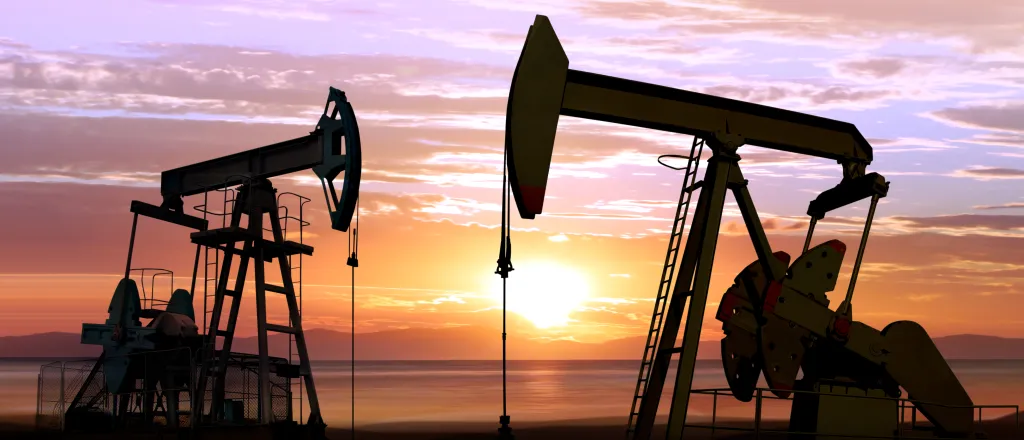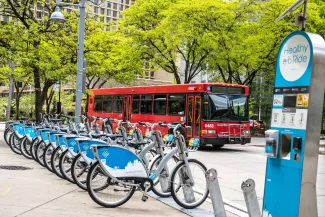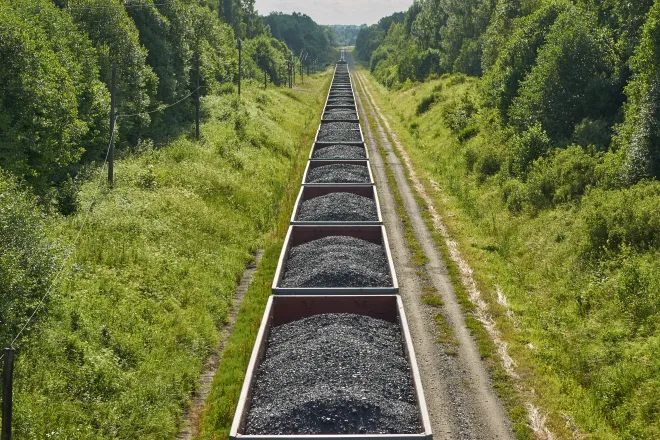
New laws include $285M in fees on Colorado oil, gas producers to fund transit
(The Center Square) – New Colorado laws will require oil and gas producers to pay approximately $285 million in fees to fund transit expansion and wildlife remediation over two years.
Senate Bill 24-230, signed into law Thursday by Governor Jared Polis, authorizes the Clean Transit Enterprise in the Colorado Department of Transportation and Colorado Parks and Wildlife in the Department of Natural Resources to receive the collected fees. The fees are exempt from the state's Taxpayer's Bill of Rights with the exception of the amount the Department of Revenue retains for administrative costs.

Polis also signed a law limiting emissions from oil and gas operations and modifying enforcement of air quality requirements. Senate Bill 24-229 requires the Department of Public Health and Environment to adopt rules by Aug. 31, 2026, to reduce nitrogen oxide emissions from upstream oil and gas operations. Between May 1 and September 30 in the ozone non-attainment area, emissions must be reduced by 50 percent from a 2017 baseline.
“Today we are taking bold action to protect our environment and set Colorado on a path for a cleaner, healthier, and more sustainable future," Polis said in a statement. "This landmark legislation brought together the oil and gas industry and environmental advocates to protect our air quality while making historic investments in public transportation."
Fees from oil and gas producers will be $109.4 million during the first year, fiscal year 2025-2026, with Clean Transit getting $52.7 million and CPW receiving $56.6 million, according to the bill’s fiscal note. Fees increase to $175.3 million in the second year, with transit getting $116.3 million and wildlife getting $59 million.
The emissions bill repeals a law prohibiting temporary restraining orders or preliminary injunctions against oil and gas operators and increases daily penalties for violations from $400 to $1,000.
“We need to act now to clean up Colorado’s air quality that for more than a decade has disproportionately impacted low-income communities and people of color,” House Assistant Majority Leader Jennifer Bacon, D-Denver, and a sponsor of the emissions bill, said in a statement. “After years of conversations with industry, environmental organizations and state agencies – our plan will improve air quality by having stricter permitting guidelines, increased accountability for bad emitters, plugging wells, and investing in transportation efficiencies.”
Three funds will be created to distribute money from energy producers for "clean transit." A local transit operations cash fund will receive 70 percent of the money, a local transit grant program will get 10 percent and a rail funding program will get 20 percent.
The local transit operations fund will be used to expand transit services, increase transit frequency and improve networks to increase ridership. Money will be allocated to eligible local governments, transit districts and regional transportation authorities serving communities with a population of one million.
"Forging consensus on an issue like this is hard, which is what makes these new laws all the more exciting," Senate President Steve Fenberg, D-Boulder, and a sponsor of the fee bill, said in a statement. “It's taken a lot of hard work to get to this point, and I am grateful to everyone, especially the members of my caucus who have come to the table willing to work and, more importantly, listen to each other in the pursuit of policy we can all get behind.”
















